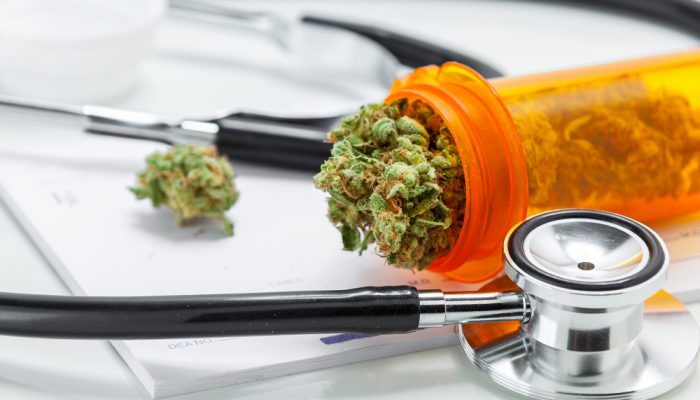A recent ruling in Arizona could impact the way that marijuana DUI cases are handled in Pennsylvania and throughout the country. According to the State Court of Appeals, a person who uses medical marijuana cannot be convicted of driving while impaired if there is no proof that the driver was, in fact, impaired.
It is thought to be a setback for prosecutors in the state where there is no law that determines just how much THC a person must have in their system to be considered impaired. An appellate judge, Diane Johnsen, wrote in her opinion, “And, according to evidence here, there is no scientific consensus about the concentration of THC that generally is sufficient to impair a human being.” In other words, there is no set level at which every person is too impaired by marijuana to drive a vehicle.
Previous Rulings in Arizona
In 2010, voters in Arizona approved a legislation that a legal user of marijuana could not be excused from driving under the influence simply because they hold a prescription for the drug. That law also said, however, that a person could not be automatically considered impaired due to the fact that they have a prescription or had metabolites in their system.
The Arizona Supreme Court had already ruled that the presence of metabolites was not enough to prove impairment. Metabolites of marijuana can remain in the system for weeks, offering no proof of impairment at the time of the operation of a motor vehicle. In this case heard before the state court, the prosecutor argued that a medical marijuana card holder must prove, through expert testimony, that they were not impaired at the time of their stop. Judge Johnsen did not agree.
Making Life a Bit Easier for Medical Marijuana Users
Appellate Judge Randall Howe did not agree with Judge Johnsen. Judge Howe said that he reads the current law as saying that medical marijuana card holders have an affirmative defense. This means, to Judge Howe at least, that the person charged with driving under the influence must still prove that the concentration of the drug in their system was not so high as to inhibit their ability to drive.
This latest ruling is one in a series of those made in appellate courts that limit the ability of prosecutors to charge those with medical marijuana privileges to the full extent of the law when compared with other users. Prosecutors across the country have been limited in various ways, including the type of evidence they may provide to the court to the requirement of having law enforcement officers return drugs taken from legal users.
If you have been charged with driving under the influence in Philadelphia, whether you are charged with having been under the influence of alcohol or prescription medications, reach out to our office. We will help you schedule a case evaluation at which time we will help you make the best decisions regarding your unique case.
